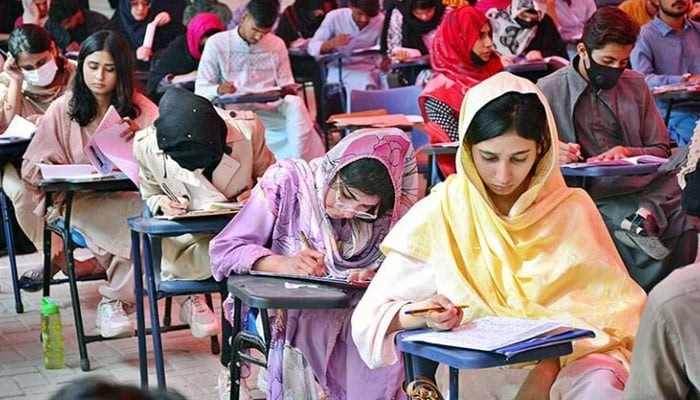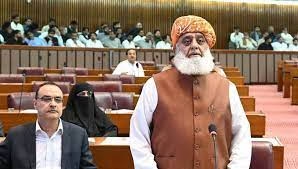KARACHI: More than half the students from various Sindh education boards—excluding those under the Karachi and Aga Khan boards—have failed the NED University of Engineering and Technology’s entrance examination, raising serious questions about the academic credibility of certain regional boards.
According to official documents and insider reports, the performance of candidates from the Larkana, Sukkur, Mirpurkhas, and Nawabshah boards was significantly poor in comparison to their counterparts from Karachi and Aga Khan boards, who performed far better on the merit-based test.
The disparity in results has not only highlighted systemic issues within certain educational boards but has also reignited debates regarding the integrity of intermediate examinations across Sindh. Sources close to the matter allege that a significant number of students from the underperforming boards had secured high marks in their intermediate exams through dishonest means, including the use of bribery and unfair practices.
In stark contrast, students from the Board of Intermediate Education Karachi (BIEK) and the Aga Khan Board showed strong performance. According to the released data, 77% of Karachi board students passed the NED entry test, suggesting a transparent and merit-driven academic culture.
The data also paints a concerning picture for other regions:
- Larkana Board: 68% of candidates failed
- Sukkur Board: 66% failed
- Mirpurkhas Board: 59% failed
- Nawabshah Board: 55% failed
This stark contrast raises questions about the credibility of grades awarded by these boards, particularly when students who secured exceptionally high scores in intermediate exams are unable to clear a standardized university-level entry test.
Education experts and analysts suggest that the pattern of inflated marks in intermediate exams—often a result of corruption and lax supervision—may be misleading students, giving them false academic confidence and undermining true merit.
Sindh Professors and Lecturers Association (SPLA) President Munawwar Abbas, along with other leaders including Rasool Qazi, praised the transparency and performance of Karachi board students. In an official statement, SPLA commended the Karachi board’s commitment to maintaining examination integrity, citing the high pass percentage in the NED test as evidence of genuine academic preparation and merit-based evaluation.
“The results of the NED University entrance test have clearly demonstrated that the students from the Board of Intermediate Education Karachi have outperformed their peers from other parts of the province, reflecting the board’s credibility and fair practices,” said the SPLA in its statement.
The 77% pass rate of Karachi board students is not just a statistical win but a reflection of a functioning education system where academic achievement is earned, not bought. The SPLA called for educational reforms across Sindh to address the widespread issues of paper leaks, cheating culture, and corruption that have plagued certain boards for years.
Furthermore, the statement urged the Sindh government and education authorities to launch a comprehensive review of the practices followed by underperforming boards and take stringent action against those involved in malpractices. It also suggested that standardized entrance exams, such as those conducted by NED University, serve as effective tools to assess the real competency of students, independent of their intermediate board scores.
The controversy has reignited the long-standing debate about the need for a unified and transparent examination system in Pakistan, especially in provinces where education standards vary drastically across regions. If such disparities persist, experts warn, they will continue to undermine student potential and contribute to inequality in access to higher education.
While the NED University entrance results have served to validate the efforts of Karachi and Aga Khan board students, they have also exposed deep flaws in other education boards of Sindh. Unless urgent reforms are initiated, the dream of equal educational opportunities for all students in the province may remain elusive.



